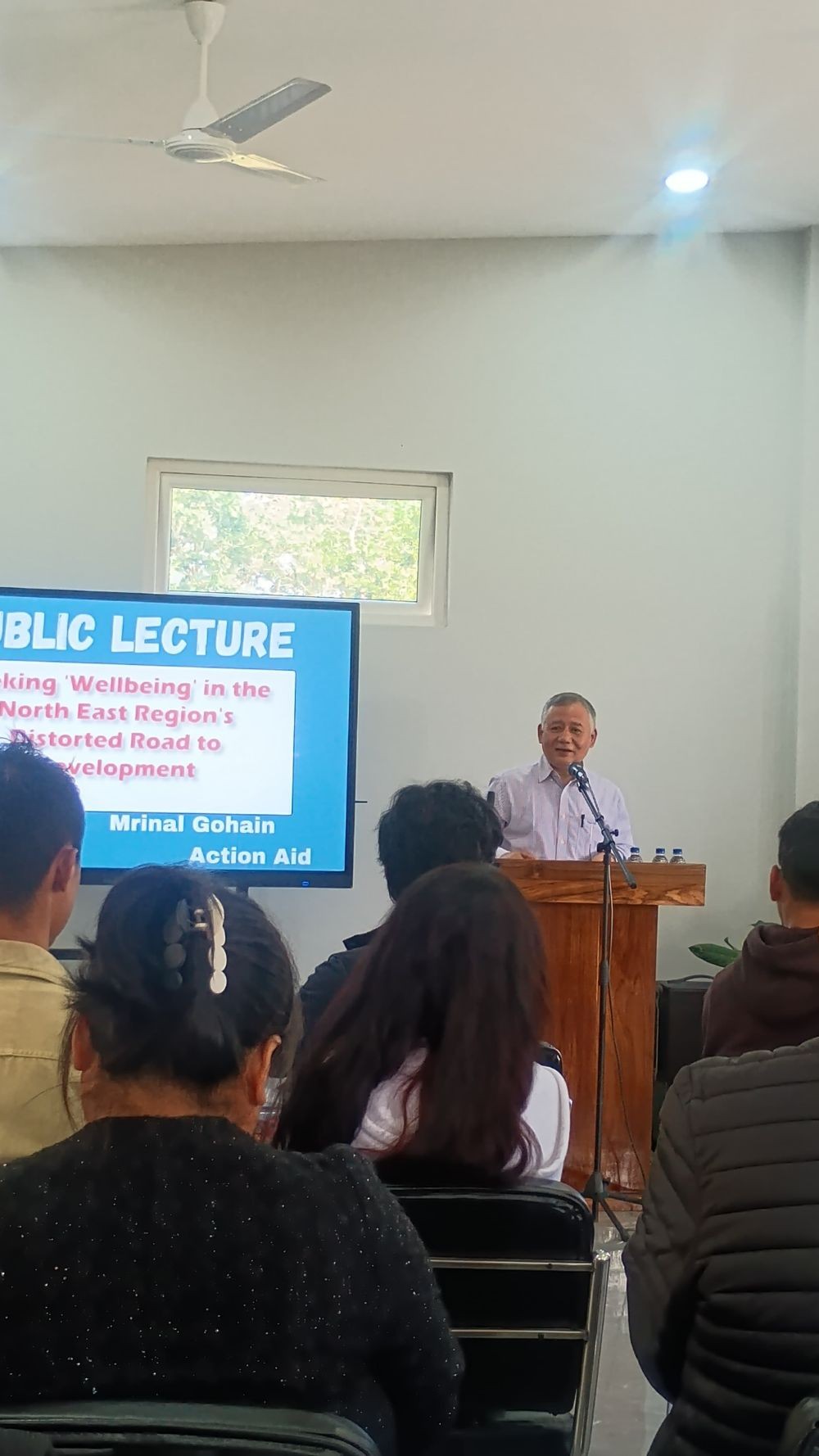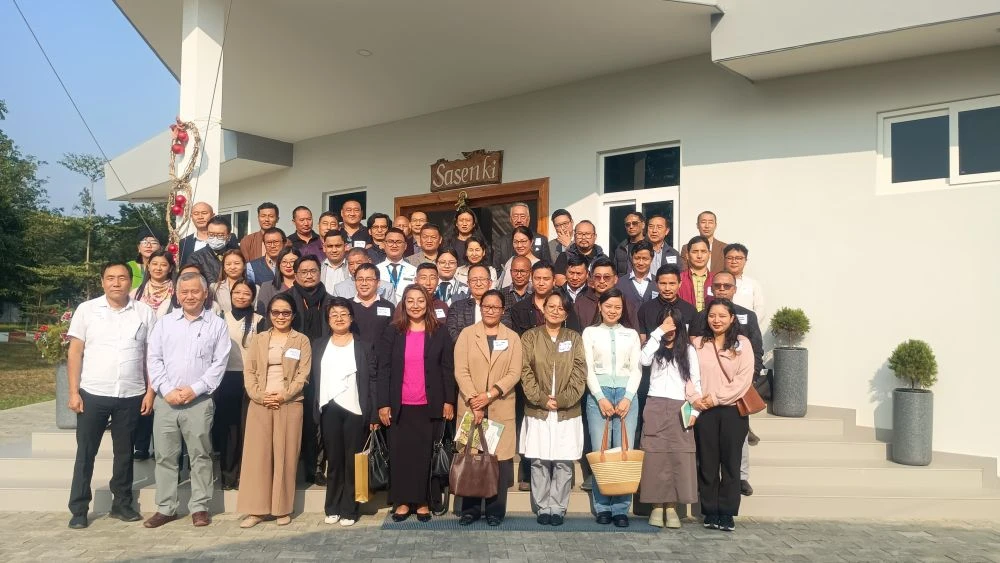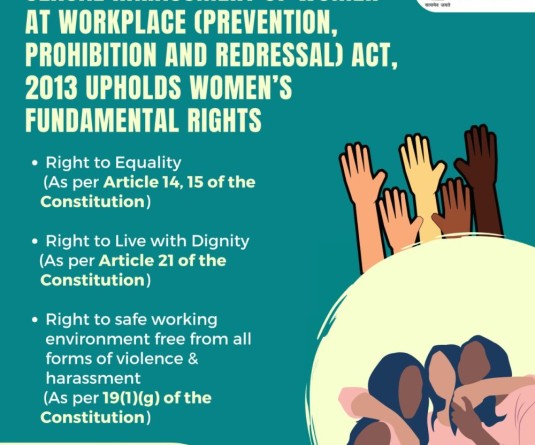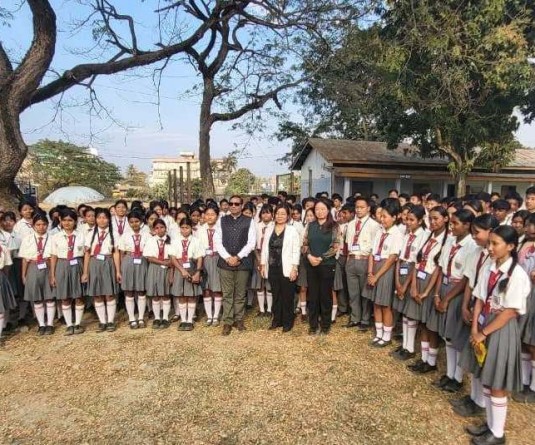Mrinal Gohain at the Oriental Theological Seminary’s 2024 Church and Society Lecture. (Morung Photo)

Seeking ‘wellbeing’ in the North-East’s distorted developmental trajectory
Morung Express News
Dimapur | December 10
What existed before the word “development” gained currency? Go to a village and ask the people what they want. ‘Development’ is often the routine response.
This was the question posed by Mrinal Gohain, a social activist and former National Senior Lead of Action Aid, at the Oriental Theological Seminary’s 2024 Church and Society Lecture held on December 10.
With a deep understanding of the development issues concerning the north-eastern region, Gohain is regarded as an “encyclopaedia.” He left his job as a bureaucrat in the Assam government in the early 2000s to the NGO sector, where he worked for nearly 25 years before retiring in 2023. As introduced to the audience, he now works as a consultant across various platforms and civil society organizations on issues impacting the NE region.
The topic of discussion was— Seeking ‘wellbeing’ in the North East Region’s distorted road to development.

According to Gohain, the term development is like an apple that has become a justification for anything, including government policy. “But deep inside, before this word became so commercialised, what we really meant was having a sense of well-being,” he said. As a fundamental of development, arriving at a state of well-being is the ultimate purpose of a society or a people, he added.
He however held that the contemporary development path has created a significant disconnect between stated goals of wellbeing and lived realities, while obscuring the fundamental human need for wellbeing. As opposed to a perceived uncritical acceptance of ‘development’ dished out by the government, he said that true wellbeing encompasses economic security, spiritual fulfillment and the satisfaction of basic needs.
Cultures or people have a tendency of glorifying the past, an era before modernity, a past when all was believed to be well. While acknowledging the positive aspects of traditional community life and cultural heritage in the region, he cautioned against romanticising and myth-making, and admitting to the presence of hardship, inequality and conflict throughout history.
“I think well-being is also a social construct. And sometimes it can be problematic as well… We forget that within the image that we create of well-being, there were also dark periods in our past. Our past was not necessarily as happy as we would like to project as it is,” he said.
Contemporaneously, he termed the development model adopted in the region as extractive and inequitable. According to him, it benefits a select few while neglecting the needs of local communities.
He went on to detail the negative consequences of the present-day development model, primarily— environmental degradation, loss of aquatic and forest biodiversity, and pushing small or traditional farmers and businesses to the margins as opposed to empowering them.
Focus on industrial manufacturing and hybrid agriculture has led to the loss of traditional skills and knowledge, he said.
According to him, the development trajectory in the region, starting from the British colonialism to the present-day has prioritised extraction of resources over local well-being.
Equitable future
Gohain argued that genuine wellbeing can only be achieved through a fundamental shift in development paradigms. He called for an equitable development model that prioritises social justice, and economic, social, and cultural rights.
Instead of focusing solely on economic growth, he called for a more sustainable and culturally sensitive approach to development, one that values and builds upon the region's rich biodiversity and traditional knowledge systems.
Along Longkumer, first Editor of The Morung Express; and Akeina Gonmei, Development Secretary, Rongmei Baptist Association were the discussants.






